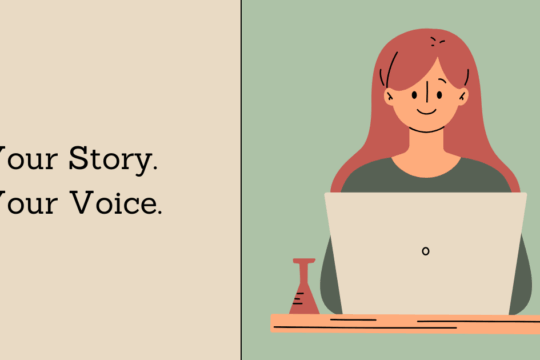Your high school student is under a lot of pressure. We typically expect them to make sound (adult) decisions about their future college and career path, without their adult, decision-making part of the brain fully functioning. As a parent, you have a huge role in easing the pressure and giving them the experiences they need to facilitate healthy brain development, so they have what they need to make mature decisions in the future.
What do repeated experiences do for the brain?
From the time a baby is born until it reaches approximately 25 years of age, with each stage of development, the brain offers a limited but powerful window to create pathways used throughout a person’s lifetime. Pathways forge when new experiences are introduced and repeated or practiced. Who we become as an adult depends on the experiences the brain receives when it is developing. Since your student’s prefrontal cortex is developing now, he or she must receive the experiences they need during this window of opportunity to help them grow a healthy brain for the future.
What does brain development mean for your student?
The prefrontal cortex is the brain’s decision-making part that gives us the ability to plan and think about the consequences of our actions. It also helps us solve problems and control our impulses. In its absence, your student has to rely on the amygdala to make decisions. This part of the brain is associated with emotions, impulses, aggression, and risk-taking behaviors, which is why you might have a student who is dramatic, moody, or irrational.
How can parents help in healthy teen brain development?
During this development time, parents can work on being safe and supportive as their students make amygdala-based decisions. They can also proactively introduce experiences that begin to engage the prefrontal cortex to forge healthy pathways. Additionally, it affords your student to experience the differences in outcome when decisions are made using two different parts of the brain.
Support, don’t fix
Parents tend to take over or jump in with advice to prevent their students from failing or making poor choices. When we fix their problems, we rob their brain of the kind of experiences they need to grow an adult brain. Instead, be a safe and supportive person they can come to when needed. Additionally, create a safe place for your student to experience the consequences of their poor choices. In other words, let them pay for their speeding ticket, go to school without their lunch because they slept through their alarm, contact their school counselor to switch classes, make that dreaded phone call to their coach, etc.
Affirm, don’t conform
Do you know that one of the most significant opportunities this stage of brain development offers is for your student to become functionally smarter? This is one of the reasons why students need to discover on their own which experiences result in sound as well as poor learning choices.
I’m often saddened to learn that parents have unknowingly wasted precious time during this stage trying to conform their students to their personal learning style. When we put pressure on them to use our learning techniques to study, plan and stay organized, we rob their brains of the opportunity to discover how they can become functionally smarter. Every person has their own unique learning style and as parents, we need to learn how to recognize and affirm it in our students.
You can help them develop their own learning strategies by allowing them to use trial and error to see what yields the best results. Some may prefer to read out loud, while others can shave their learning time in half by being part of a group discussion or by creating elaborate graphics to connect concepts. Some might need the environment to be quiet, while others need white noise in the background. Some may need a clean desk while other a cluttered one. If you want to learn more about this, we offer free learning style consultations.
Suppose we want to raise students who succeed in college and grow up to become independent, responsible adults. In that case, it is crucial to understand, support, and provide what their brain needs during this stage of development.
We can help you improve your relationship with your student while assisting them to discover their learning style, as well as colleges and career choices matching their style. Contact us today for help in finding the best package for your high school student.
Photo credit: Unsplash @halacious


